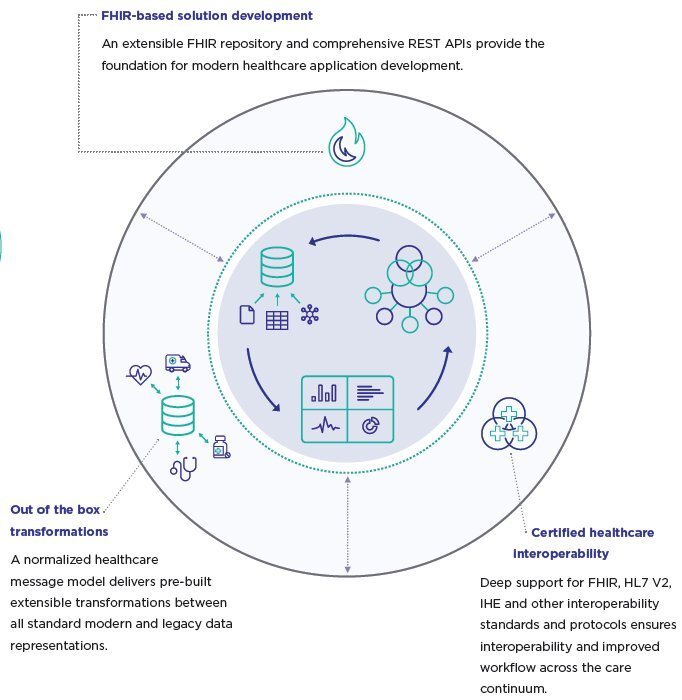O Guia do Mochileiro do Object Script
O Object Script é nossa linguagem de programação principal no ambiente InterSystems IRIS. Ele também oferece recursos modernos que o tornam poderoso para desenvolvedores.
Para iniciantes, adotar boas práticas de programação desde o início é fundamental para escrever um código de fácil manutenção, eficiente, escalável e claro, seguindo as melhores práticas
Este guia apresenta dicas essenciais para ajudar desenvolvedores “novatos” em ObjectScript a escreverem um código melhor e compreenderem alguns recursos da linguagem.
Antes de tudo: use Nomes Significativos
Escolha nomes descritivos e claros para variáveis, classes e métodos.
Eu penso que escrever código é como contar uma história sobre um problema e como você o resolveu.
Pense nos outros desenvolvedores que vão depurar ou ler o seu código.
Certifique-se de depender menos da documentação e de ser claro enquanto escreve sua “história”.
Assim, você evita problemas de entendimento e se torna mais independente.
Quer um exemplo?
Set patientDOB = "1985-03-12"
// é mais compreensível do que:
Set dob1 = "1985-03-12"Nomes claros tornam o código autoexplicativo e muito mais fácil de ler e entender.
Comentários: você precisa deles!
Comentários ajudam você e outros desenvolvedores a entender o propósito do seu código. Não presuma que o “desenvolvedor ideal” estará sentado na sua cadeira e saberá exatamente o que você está fazendo. Use comentários para simplificar lógicas complexas, descrever suposições ou explicar o objetivo de uma seção:
// Calcular a idade do paciente a partir da data de nascimentoEvite comentar o óbvio; use sua energia nos trechos mais complexos.
Mantenha suas funções limpas e fáceis de testar
Funções confusas podem transformar seu código em uma “caixa-preta” e gerar programas enormes e cheios de spaghetti code. Quebrar a lógica em funções pequenas e com um único propósito torna o código mais fácil de manter, testar e reutilizar.
E lembre-se: seja genérico sempre que possível. Pensar nos casos atípicos enquanto escreve é fundamental. Uma boa função pode fazer muita coisa, mas um bom desenvolvedor sempre dedica tempo para prever esses casos extremos.
Trate erros com cuidado
Entradas inesperadas, dados ausentes ou problemas em tempo de execução podem quebrar seu código se não forem tratados corretamente. Valide entradas e use sempre que possível Try/Catch, lançando a exceção adequada. A forma como você lida com erros pode transformar “bugs” em problemas inofensivos que não quebram toda a lógica.
Lembre-se: bugs acontecem com todo mundo.
Não reinvente a roda sem necessidade
A InterSystems oferece várias classes %SYS úteis para operações de sistema, como registro de logs, configuração e monitoramento. Em vez de recriar recursos, aproveite-os.
Eles foram escritos com uma atitude genérica, e muitas vezes se encaixam exatamente no que você precisa!
Evite valores fixos (hardcoding)
Constantes codificadas dificultam a manutenção do código. Sempre que precisar mudar um valor, terá que alterar vários lugares. Use parâmetros ou configurações em vez disso.
Declare variáveis que se encaixem na sua história e tornem o código flexível.
Teste de forma completa
Teste seus métodos com entradas típicas, casos de borda e entradas inválidas.
Crie testes de referência (golden tests) e inclua cenários como strings vazias, valores NULL e grandes volumes de dados.
A ideia é testar os casos atípicos. Isso torna seu código mais confiável e seguro, permitindo que seja usado sem medo de quebrar a produção.
Mantenha um formato consistente
O Object Script, assim como Java, pode ser escrito de várias formas.
A indentação não é tão rígida como em outras linguagens (tipo... Python), mas ainda assim é essencial para a clareza.
Um código bem estruturado reduz erros e torna o debug tão simples quanto um passeio no parque.
Conclusão
Ao adotar essas boas práticas logo no início da sua jornada com Object Script, você escreverá códigos mais limpos, seguros e fáceis de manter.
E, claro, se tornará um desenvolvedor melhor.
Nomes claros, tratamento sólido de erros, design modular e disciplina nos testes vão melhorar muito tanto sua velocidade de desenvolvimento quanto a confiabilidade do seu código.
E não se esqueça:
Esses princípios valem para qualquer linguagem.
Bons hábitos de programação hoje vão poupar muitas horas de depuração amanhã.


